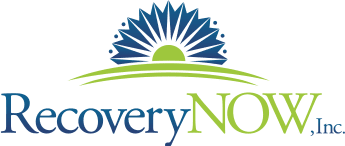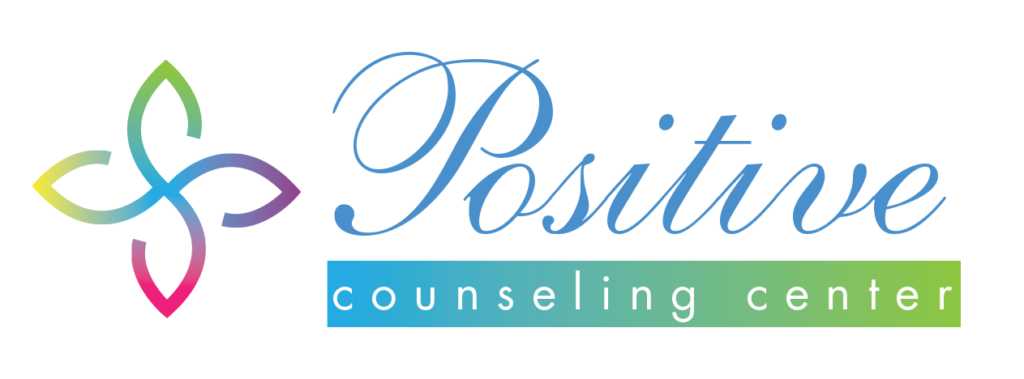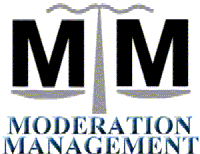What is an Intervention?
An intervention is about motivating another individual to change despite their resistance to change. This motivation is achieved, when their loved ones and/or employer confront the individual regarding problem behaviors.
Treatment Recommendations are based on the individual needs of the client. The Interventionist, a Licensed Trained Mental Health Professional, facilitates the group process and options for recovery.
What makes Alicia unique from other Interventionist?
I guess first of all, I should start by saying, I really am a Psychotherapist and Interventions are an additional service that I offer. This is unique because the majority of Interventionist do not spend their week assisting individuals with conflict on a daily basis which essentially is what Psychotherapists do. I also screen the Interventions that I do in order to make sure that they will be successful.
What is the Model of Intervention that you utilize in your practice?
I am trained in two different models of Intervention. The first being the
Johnson Model which is a more traditional model whereby the family, friends and co-workers are coached by the Interventionist on their presentations and the individual being intervened on is surprised by the Intervention. The second model is the
ARISE Model and this model has a much higher long-term success rate, since the model is designed to be completed over an extended period of time. This model includes continuing care with the family and the individual being intervened on after the individual has completed treatment in order to ensure relapse prevention. The whole Intervention process is transparent, since the individual being intervened on is a part of the process from the beginning and there are no surprises. The focus is on the whole family not just the individual being intervened on. Depending on what your needs are, I am able to assist by utilizing either one of these models of Intervention.
People ask me why do you do Interventions Alicia, you are busy enough, why do Interventions, too?
The answer to that question is a very personal one. My first Intervention was at the age of 22 while I was in College at Loyola Marymount University studying Psychology and Alcohol & Drug Studies. During this time, I researched the Intervention process which resulted in my family and I performing an Intervention on my father. The process of intervening on my father started a recovery process that we all realized only after completing the Intervention. Families should not be held hostage by a loved one’s addiction or mental illness.
Do you have individual’s of special interest that you intervene on?
Yes, others in the Healthcare Industry. As a Mental Health Professional, I personally realize the struggles and demands of the job and have witnessed my colleagues alongside me experiencing burnout. I have heard firsthand from patients about trauma of ethical boundaries being crossed by Doctors, Mental Health & Substance Abuse Professionals, Nurses and other Healthcare Professionals which is often the result of Professionals compromised by substance abuse and/or mental illness.

A formal Intervention may be the only way to allow an individual to realize the need for treatment. None of us are immune from the risks of substance abuse and/or mental illness and the sooner the Helping Professional receives the necessary help, the better it is for everyone.
Our Unique Guarantee?
If the Intervention is unsuccessful, we will refund half of the cost. We also offer aftercare treatment and may assist with coordinating discharge.
What is the Cost?
The cost may vary depending on the amount of time, psychoeducation and preparation required to complete the Intervention. Please call
Alicia MacGowan, LCSW, LAADC, CAI for further details.
Please click on the link below for

 A formal Intervention may be the only way to allow an individual to realize the need for treatment. None of us are immune from the risks of substance abuse and/or mental illness and the sooner the Helping Professional receives the necessary help, the better it is for everyone.
A formal Intervention may be the only way to allow an individual to realize the need for treatment. None of us are immune from the risks of substance abuse and/or mental illness and the sooner the Helping Professional receives the necessary help, the better it is for everyone.






